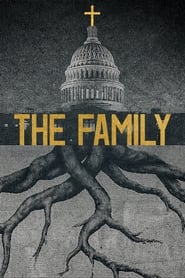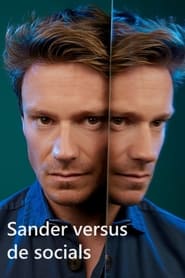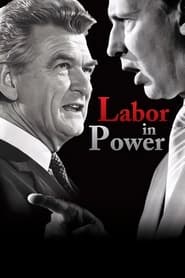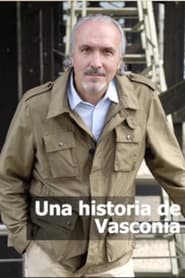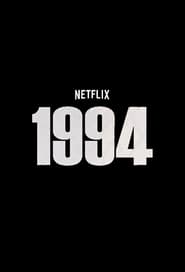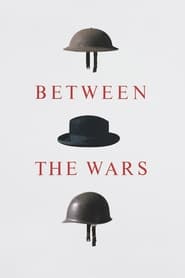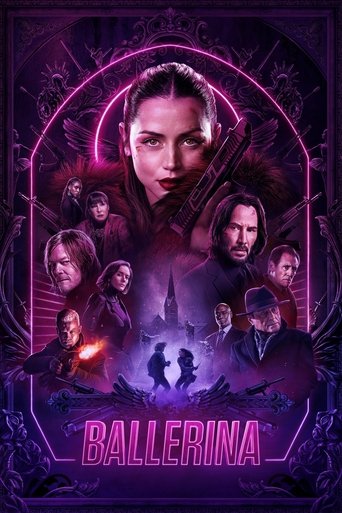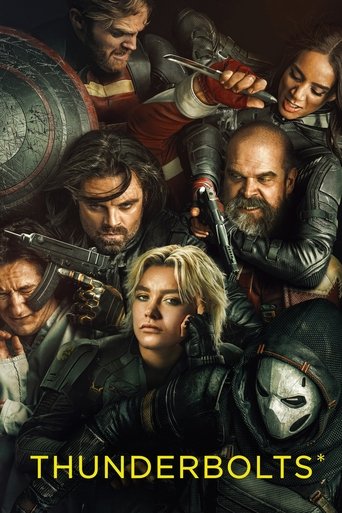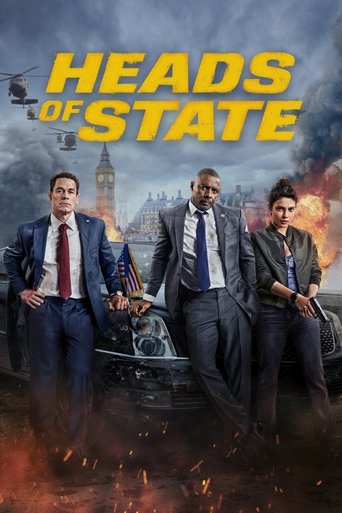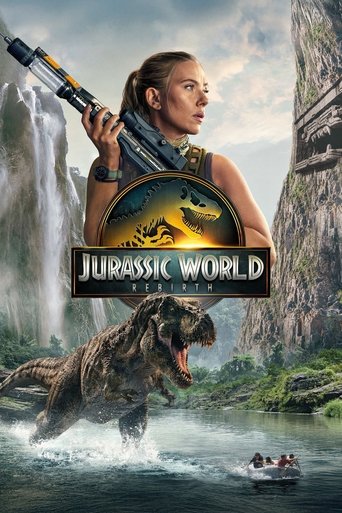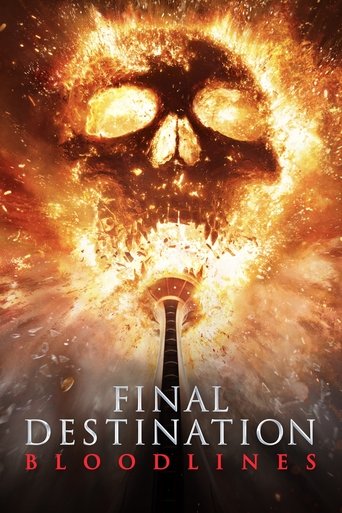Crash Course U.S. Government and Politics - Season 1 Episode 12 Presidential Powers 2
This week Craig continues our conversation on presidential powers by looking at those NOT found in the Constitution - implied or inherent powers. We’ll talk about how the President uses their power to negotiate executive agreements, recommend legislative initiatives, instate executive orders, impound funds, and claim executive privilege in order to get things done. Implied powers are kind of tough to tack down, as they aren’t really powers until they’re asserted, but once they are, most subsequent Presidents chose not to give them up. So we’ll try to cover those we’ve seen so far and talk a little bit about reactions to these sometimes controversial actions from the other branches of Congress.
Year: 2016
Genre: Documentary
Country: United States of America
Studio: YouTube
Director:
Cast: Craig Benzine
Crew:
First Air Date: Jan 23, 2015
Last Air date: Mar 04, 2016
Season: 1 Season
Episode: 50 Episode
Runtime: 10 minutes
IMDb: 0.00/10 by 0.00 users
Popularity: 6.9298
Language: English
Keyword : politics, government
Episode
Introduction
The Bicameral Congress
Separation of Powers and Checks and Balances
Federalism
Constitutional Compromises
Congressional Elections
Congressional Committees
Congressional Leadership
How a Bill Becomes a Law
Congressional Decisions
Presidential Power
Presidential Powers 2
Congressional Delegation
How Presidents Govern
Bureaucracy Basics
Types of Bureaucracies
Controlling Bureaucracies
Legal System Basics
Structure of the Court System
Supreme Court of the United States Procedures
Judicial Review
Judicial Decisions
Civil Rights & Liberties
Freedom of Religion
Freedom of Speech
Freedom of the Press
Search and Seizure
Due Process of Law
Equal Protection
Sex Discrimination
Discrimination
Affirmative Action
Public Opinion
Shaping Public Opinion
Political Ideology
Election Basics
Gerrymandering
How Voters Decide
Political Campaigns
Political Parties
Party Systems
Interest Groups
Interest Group Formation
Media Institution
Media Regulation
Market Economy
Government Regulation
Monetary and Fiscal Policy
Social Policy
Foreign Policy


